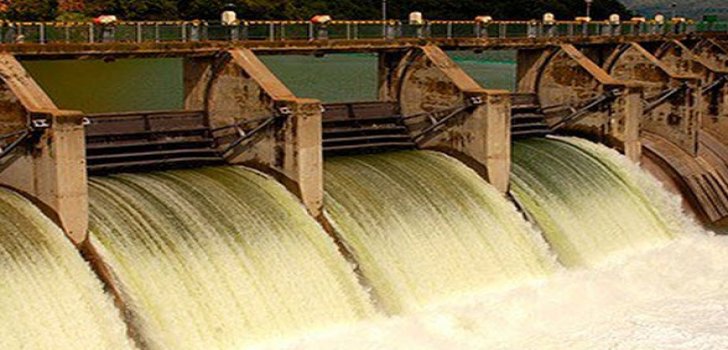Paraguay is one of the Latin American countries with the highest bitcoin mining activity.
Paraguay’s National Electricity Administration (ANDE) reported Thursday (27) that the country’s eastern Alto Paraná department sees a boom in bitcoin mining farms that could “jeopardize” the landlocked South American nation’s electrical stability.
According to engineer Miguel Ángel Báez, technical director of “ANDE,” electricity consumption in the region is increasing due to Bitcoin miners, who often connect to the grid secretly to avoid paying for the service.
According to him, authorities have tried to combat “clandestine” connections with operations and inspections in Ciudad del Este, on the border with Brazil.

“But while they disrupt one connection, two others connect,” he explained. Miners of cryptocurrencies consume large amounts of energy and have spread “considerably” throughout the department of Alto Paraná.
Báez points out that a single bitcoin mining operation can absorb “all the energy” of a generator destined for an apartment complex.
Paraguay is one of the Latin American countries with the most mining activity for Bitcoin and other cryptocurrencies.
According to the University of Cambridge, it accounts for 0.15 percent of the Bitcoin network’s global hash rate.
The activity is mainly favored by hydropower.
It should be noted that Paraguay is rich in rivers and tributaries that generate electricity.
Bitcoin mining has boomed in recent years and has reached the point where large companies dedicated to the industry have established themselves in Paraguay, such as Braiins.
This allowed for the drafting of a law at the legislative level to create a legal framework for mining activities and the cryptocurrency ecosystem.
However, the government of Mario Abdo Benítez vetoed the bill because mining was “unimportant” and did not create jobs.

